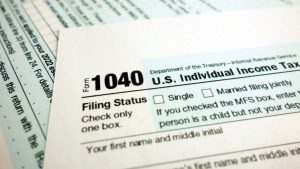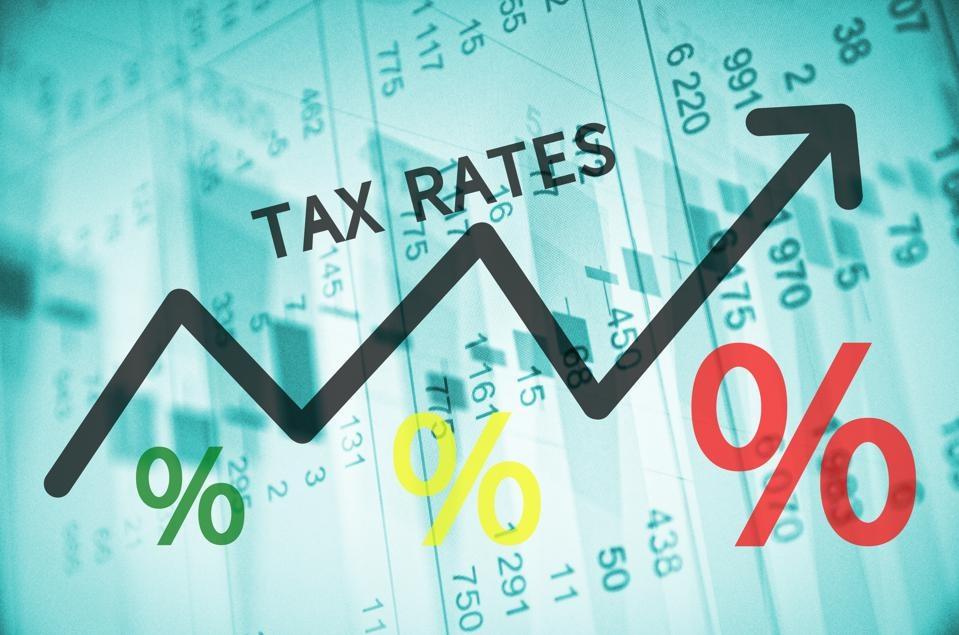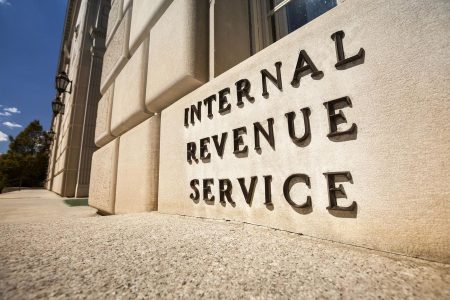S Corporation shareholders and partners in a partnership could see their effective federal income tax rate increase by 30% by the end of December 31, 2025, due to the expiration of certain tax laws. With the sunsetting of the 199A deduction and an increase in individual federal income tax rates scheduled to occur as of December 31, 2025, the effective tax rate for pass-through entity owners will jump from 30% to 39.6%. Taxable income could also increase due to the sunsetting Tax Cuts and Jobs Act provisions, including the capitalization of research and experimental expenditures, bonus depreciation dropping to 60% in 2024 and to 40% in 2025, and the application of a more restrictive interest expense limitation calculation.
Why?
A dramatic increase to the effective tax rate may catch many pass-through entity businesses by surprise. Doesn’t Congress have to pass a bill to change federal income tax law? Unfortunately, not in this situation. For tax law to be passed, the Senate normally needs a 60-vote majority to overcome a filibuster. However, provided the political party controls the Presidency, House and Senate, laws can be passed under the budget reconciliation process where only a simple majority in the Senate is needed. The budget reconciliation process was utilized to pass the Tax Cut and Jobs Act (“TCJA”) in December of 2017, which bypassed the need for bipartisan support. Under the reconciliation process, the bill cannot increase the deficit beyond a 10-year budget window. Under the Tax Cuts and Jobs Act, taxes were reduced substantially between 2018 through 2025, resulting in an anticipated $1-$2 trillion increase to the national deficit. Both parties have used the budget reconciliation process when controlling the Presidency and Congress. In 2010, the budget reconciliation process was utilized to amend the Affordable Care Act and modify the federal student loan program. This process was utilized most recently in 2021 to enact additional COVID-19 relief via the American Rescue Plan.
To ensure that the anticipated deficit did not extend outside the 10-year budget window, the Tax Cuts and Jobs Act included many sunsetting provisions. Thereby, sealing the fate that with no Congressional movement before the end of December 31, 2025, tax rates will skyrocket for many small and privately held businesses.
Like most of us, business owners likely assume that Congress will not allow this tax doomsday to occur. However, the past few years have shown us that the ability for Congress to pass tax legislation is quite difficult. Many of the tax provisions that are increasing taxable income dramatically are already operational, including:
1. The requirement for domestic R&E expenditures to be capitalized over a 5-year period (effective as of January 1, 2022),
2. A more restrictive calculation of the interest expense limitation in disallowing depreciation and amortization to be added back when determining adjusted taxable income (effective as of January 1, 2022).
3. The bonus depreciation rate decreased to 80% in 2023 and will continue to decrease by 20% each year until it is zero for property placed in service after December 31, 2026.
Other key tax provisions will also sunset as of December 31, 2025, including the 199A 20% pass-through deduction and an increase in individual federal income tax brackets and rates, with the highest individual income tax rate moving from 37% to 39.6%. For a list of TCJA sunsetting provisions, see the chart below.
In the most basic example, a pass-through business owner who makes $100,000 and is able to utilize the 199A deduction, while also falling under the highest income tax bracket, has an effective tax rate of 29.6% (100,000 -20,000 (199A) x 37%). Fast forward to 2026 and assuming no legislative changes, their effective tax rate will be 39.6% (100,000 x 39.6%). Therefore, for every $1 of taxable income, they are currently paying the government approximately 30 cents. This same pass-through business owner’s tax payment will skyrocket to 40 cents if Congressional legislation is not passed.
The previous example only demonstrates the impact of 199A expiring and the individual income tax rate increasing. However, federal income taxes will also likely drastically increase as other tax deductions are being limited. For a more detailed explanation and example regarding the tax base increases click on the following link to review my written testimony at the Small Business Committee Hearing in April 2023: Lynn Mucenski-Keck Written Testimony For The Committee on Small Business. In one example provided, a simple S corporation manufacturing entity’s taxable income doubles due to both the decrease in bonus depreciation and the more restrictive interest expense limitation.
And what about the C corporation tax rate?
A conundrum exists when comparing the federal income tax rate for C corporations versus pass-through entities. Under the Tax Cuts and Jobs Act, the C corporate tax rate of 21% was made permanent. This means that if Congress allows the TCJA provisions to sunset, the pass-through entity owner’s effective tax rate would increase to 39.6% while C corporation tax rates would remain at 21%.
While many are quick to highlight that the double taxation of C corporations earnings at both the C corporation level and again at the shareholder level once dividends are received, a significant amount of C corporation shareholders never pay the second level tax on dividends. Based on studies by the Congressional Budget Office and Tax Policy Center, it is estimated in 2026, at least 24.7 % and up to 30.1% of C corporation shareholders will not be subject to tax. Prior to the passage of TCJA, the estimated percentage of nontaxable C corporation shareholders was as high as 42.5%.
In addition, even for C corporations that have shareholders that are subject to taxation, the shareholders benefit from the ability of the C corporation to select when dividends will be made and subject to taxation. If a C corporation earns $1 million of taxable income, a tax of 21% will immediately apply. However, the Corporation may want to utilize the profits within the company and not provide their shareholders with distributions until years later, ultimately deferring the second layer of taxation. Alternatively, if a pass-through entity earns $1 million of taxable income, they will be immediately subject to taxation up to approximately 30% currently (provided the 199A deduction applies), or up to 39.6% if the TCJA provisions sunset. Pass-through entity owners do not have the ability to defer any portion of their tax liability to another year, even if they take no distributions from the entity and are utilizing the earnings to fund ongoing operations.
Additional taxes from C corporations can be collected in various ways and do not necessarily have to involve an increase in the corporate tax rate. The low corporate tax rate is always a point of discussion for global competitiveness. However, some type of C corporation tax reform is needed to put C corporations and pass-through entities on a more even playing field.The ability for pass-through entities to have more parity with C corporations could also be linked to the survival of towns and small cities across America. A recent study by EY shows that private companies supply over 75% of jobs nationally and over half of privately held companies are pass-through businesses.
What can I do?
Congressional leaders are challenged as to the next steps due to budgetary constraints. The non-partisan Congressional Budget Office has estimated that if the TCJA provisions are extended, along with the Inflation Reduction Act expansion of tax credits that subsidize the purchase of health insurance on Affordable Care Act Exchanges, it will increase the national deficit by nearly $5 trillion for fiscal years 2025 through 2034. For comparison, the total US Government Deficit for the 2023 year was $1.7 trillion. The CBO has estimated that if the TCJA provisions are extended, federal debt held by the public could reach 125% of the Gross Domestic Product by FY 2034. Congressional leaders looking to revamp the Internal Revenue Code to allow fair tax rates for all types of business entities will also be attempting to avoid an unprecedented increase to the federal budget deficit.
The assumption that someone else is advocating for privately owned and small businesses is invalid. Business owners need to discuss the impact that the sunsetting tax provisions could have on their business, including capital investments, expansion, and the ability to retain or hire employees. The voice of pass-through owners in this discussion is essential. While it may be challenging for businesses to advocate for themselves due to other time constraints, it will impact whether the taxation of pass-through entities remains in the conversation regarding US federal income tax reform.
To learn more on how the TCJA sunsetting provisions could impact individuals, please click on the following podcast: What the Expiration of the 2017 Tax Cuts & Jobs Act (TCJA) Means for You
My next article will focus on how the House Ways & Means Committee, as well as the Senate Finance Committee, are starting to prepare for the major tax reform debate. While many are calling for tax reform to be completed by early 2025, that possibility is in question.
Read the full article here
















